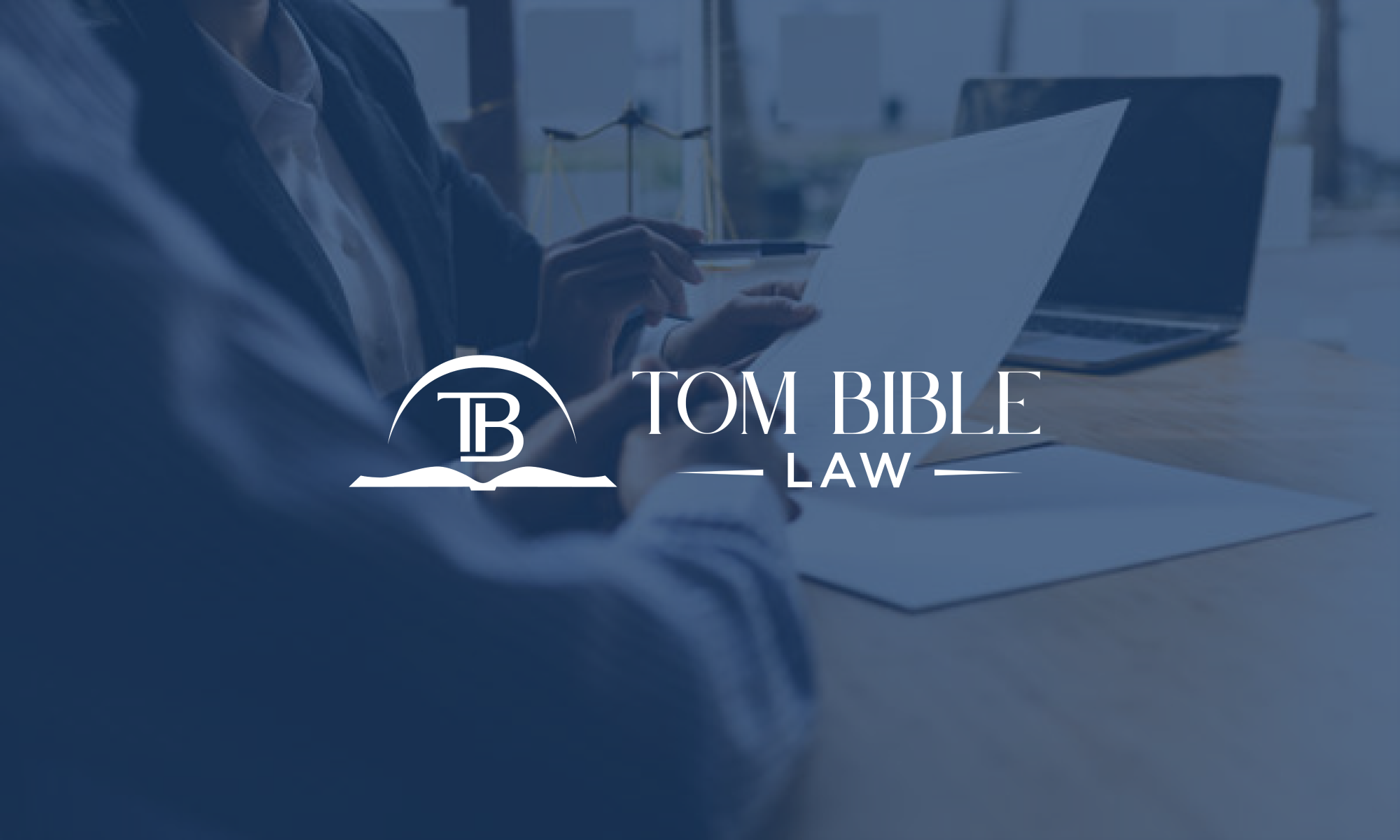Filing for bankruptcy is a complex legal process that involves a thorough examination of your financial situation. If you’re considering filing for bankruptcy, working with a knowledgeable bankruptcy lawyer can make the process smoother and more manageable. One of the first steps your attorney will take is to conduct a detailed review of your finances. This financial review is critical to determining whether you qualify for bankruptcy and, if so, which type of bankruptcy—Chapter 7 or Chapter 13—is most appropriate for your circumstances.
1. Income and Employment Status
Your income plays a central role in determining whether you qualify for bankruptcy and which chapter to file under. For Chapter 7 bankruptcy, you’ll need to pass the means test, which compares your income to the median income level for a household of your size in Tennessee. If your income is below the median, you may qualify for Chapter 7, which can discharge most of your unsecured debts. If your income is higher, you may need to consider Chapter 13, which involves a repayment plan.
Your bankruptcy lawyer will review your employment status, pay stubs, tax returns, and any other sources of income, such as rental income, pensions, or benefits. Accurately documenting your income is essential for complying with bankruptcy court requirements.
2. Debts and Liabilities
A comprehensive review of your debts is crucial when filing for bankruptcy. Your attorney will ask for a list of all your debts, including:
- Credit card debt,
- Medical bills,
- Personal loans,
- Mortgage debt,
- Car loans, and any other obligations.
It’s important to include both secured debts (such as a mortgage or car loan) and unsecured debts (such as credit cards or medical bills).
Your lawyer will use this information to determine which debts can be discharged in bankruptcy and which ones Will Remain, such as student loans or certain tax obligations. In Chapter 13 bankruptcy, your debt structure will also determine how your repayment plan is crafted.
3. Assets and Property
Your assets, or the things you own, will also be reviewed in detail. This includes real estate, vehicles, bank accounts, retirement accounts, valuable personal property, and investments. Depending on the type of bankruptcy you file, some of your assets may be protected, while others may be liquidated to pay creditors.
For example, in Chapter 7 bankruptcy, certain assets may be sold to repay your debts, but many individuals can protect essential property through exemptions. In Chapter 13, you may be able to keep your assets as long as you make payments under a court-approved repayment plan.
4. Monthly Expenses
Your lawyer will need to review your monthly living expenses to understand your financial obligations better. This includes housing costs, utilities, groceries, healthcare, transportation, child support or alimony, and any other recurring expenses. These figures will be important in determining whether you have disposable income to pay creditors in Chapter 13 Bankruptcy.
Providing an accurate and honest account of your monthly expenses will help your attorney craft a realistic plan for you to complete bankruptcy successfully, particularly if you’re filing under Chapter 13.
5. Recent Financial Transactions
The bankruptcy court will scrutinize your recent financial transactions, especially those made in the months leading up to your bankruptcy filing. Any major purchases, transfers of assets, or repayments of debts to family or friends will be reviewed to ensure that you are not attempting to hide assets or engage in fraudulent activity.
Your attorney will look at these transactions to determine if there could be any potential issues or red flags that may arise during your case. It’s important to be transparent with your lawyer about all financial activities before filing.
6. Tax Returns
Your bankruptcy lawyer will also need copies of your most recent tax returns. Tax returns provide an overview of your income and financial history, and they are required by the bankruptcy court. They will also show whether you have any outstanding tax obligations, which may need to be addressed during the bankruptcy process.
A bankruptcy lawyer’s review of your finances is a critical first step in the bankruptcy process. By carefully examining your income, debts, assets, and recent financial activities, your lawyer can guide you toward the best possible outcome. Being thorough and honest during this review will help ensure that your bankruptcy case proceeds smoothly.
Contact Tom Bible Law Today!
If you’re considering bankruptcy and need expert guidance, our experienced Chattanooga bankruptcy attorneys are here to help. Contact us today for a free consultation to review your finances and discuss the best path forward to achieving financial relief.



